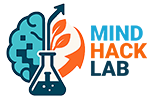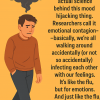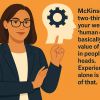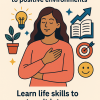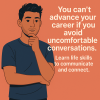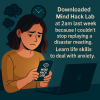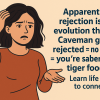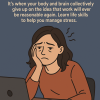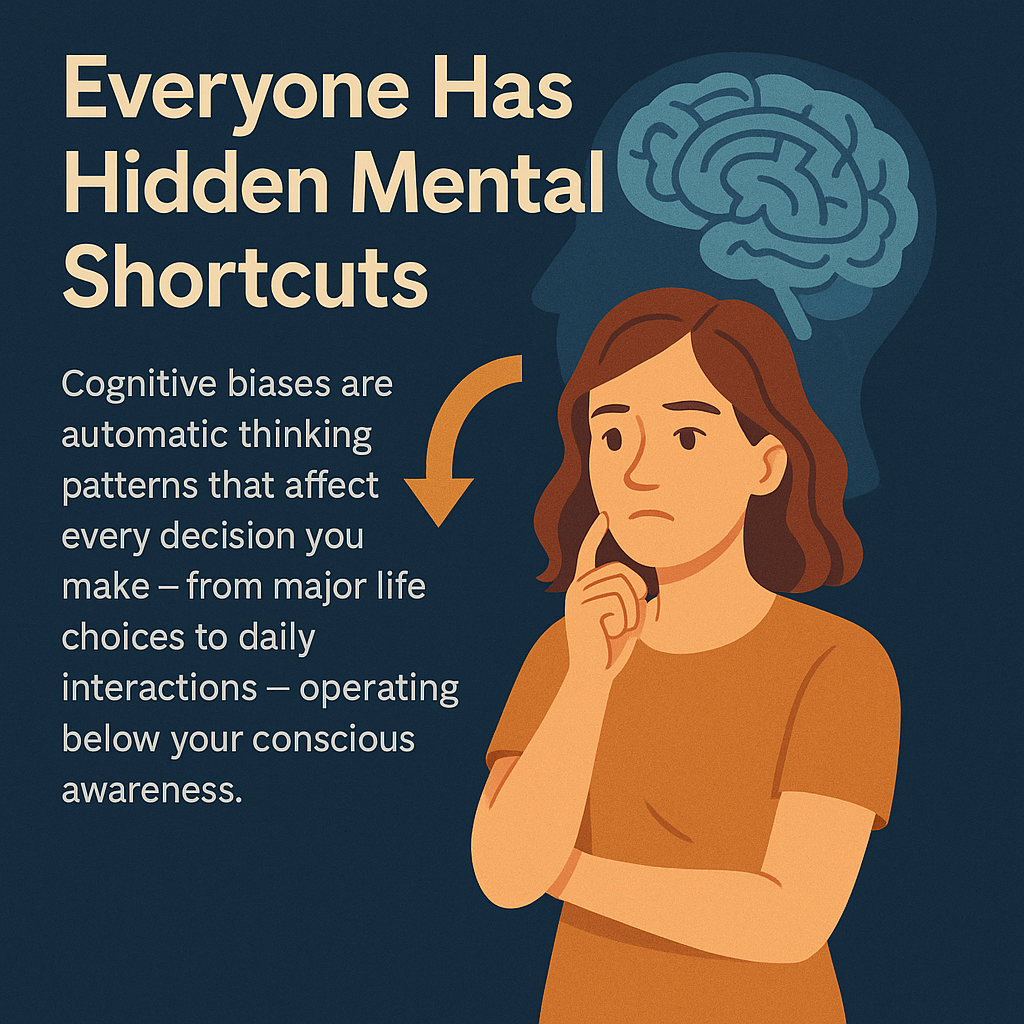
That Thing Where You Know Better But Your Brain Doesn't Care
It's 3:07 a.m. and you're reading about cognitive biases while making the exact mistakes they warn about. Welcome to the club.
So it's 3:07 a.m. (why is it always 3:07?) and I'm scrolling LinkedIn reading posts about cognitive biases. You know, because that's apparently what passes for entertainment in my brain now.
Someone posted about how "all successful founders wake up at 4:30 a.m." and despite having a sticky note on my laptop that literally says "SURVIVORSHIP BIAS IS REAL STOP FALLING FOR IT" in all caps, guess what time I set my alarm for?
Yeah. 4:30 a.m. My willpower lasted exactly long enough to be a zombie in my 2 p.m. meeting.
The Worst Part? I Know Better
I once torpedoed an entire board meeting because I only interviewed customers who already loved our product. Classic confirmation bias. The board's response was basically a polite version of "please come back when you have real data."
My self-management score on that internal review? Let's just say my manager used the phrase "room for improvement" more times than I'd like to admit.
The thing is, I know about cognitive biases. I've read the books. I've attended the workshops. I've even given presentations about them. But there's this massive canyon between knowing about biases and actually doing something about them when your tired brain is making decisions.
Then This Weird Thing Happened
Last week, out of sheer desperation (and maybe a little 3 a.m. delirium), I tried something different. Instead of just reading about biases, I started using these micro-protocols from Mind Hack Lab.
The 2-Minute Reframe
Yesterday I caught myself cherry-picking data for a presentation deck. You know, only showing the numbers that made us look good. Classic me.
But this time, I did the reframe exercise. Forced myself to include the ugly numbers too. It felt awful. Like voluntarily admitting you're not as smart as you think you are. But also... honest? The presentation went better than expected.
Then there's this thing called the If-Then Meeting Plan. It basically assumes Future You will be an idiot (harsh but fair) and makes you write down exactly what to do when your brain tries to sabotage you.
Example from my actual plan: "IF I start dismissing negative feedback in the product review, THEN I will literally write it on the whiteboard and ask 'What if this is true?'"
Future Me was offended by the lack of trust. Present Me was impressed when it actually worked.
Apparently We're All Struggling
Someone forwarded me this survey showing that 66% of us are burned out, partly from decision fatigue. Another study found that 72% of managers admit their biggest mistakes come from cognitive biases they "should have seen coming."
My brain feels like it's running Windows 95 at this point. Too many tabs open, not enough RAM, and everything takes forever to process.
The weird thing? The tools that actually help aren't the complex frameworks or the 200-page books. They're the stupidly simple protocols that assume you're going to mess up and give you a way to catch yourself.
No Neat Ending Here
I don't have some motivational conclusion for you. I'm still awake at ungodly hours. Still falling for the same biases I teach other people to avoid. Still getting outsmarted by my own brain on a regular basis.
But at least now I have something to do about it besides just knowing better and failing anyway.
Maybe that's enough. Maybe the goal isn't to have a bias-free brain (impossible) but to have better ways to catch yourself when you're being an idiot. Even at 3:07 a.m.
Want Better Ways to Outsmart Your Brain?
Mind Hack Lab has micro-protocols for when knowing better isn't enough.
